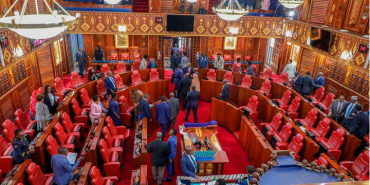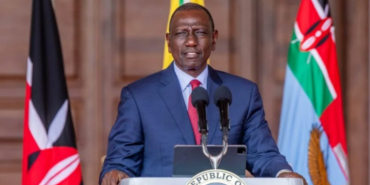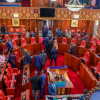Kenya to Raise Legal Drinking Age to 21

Kenya is set to overhaul its alcohol control framework with the implementation of the 2025 National Policy on Alcohol, Drugs and Substance Abuse.
Approved by the Cabinet on 24 June, the policy aims to address the escalating problem of youth substance abuse and reshape public health strategies nationwide. A central component of the reforms is the increase of the legal drinking age from 18 to 21, signalling a significant shift in the state's approach to addiction.
The policy empowers the National Authority for the Campaign Against Alcohol and Drug Abuse (Nacada) to lead enforcement efforts.
Nacada will collaborate with county governments, law enforcement agencies, and community leaders to ensure the effective implementation of the new regulations. This initiative comes amid growing concerns about alcohol consumption among young Kenyans. Recent statistics reveal that nearly 13 percent of the population aged 15 to 65, approximately 4.7 million people, consume alcohol. The prevalence is highest among those aged 18 to 24, highlighting the urgency of the intervention.
Beyond the age restriction, the policy introduces stringent zoning regulations.
Alcohol outlets will be prohibited from operating within 300 metres of schools, churches, and residential estates. If rigorously enforced, this measure could force numerous establishments, particularly in urban centres, to close or relocate due to their proximity to these institutions. The reforms also target the digital marketplace, which has facilitated underage access to alcohol.
Online sales, mobile app orders, and home deliveries are to be banned outright, closing loopholes that have allowed minors to bypass traditional retail checks. This crackdown on digital distribution is complemented by a broad assault on alcohol marketing, with proposed bans on celebrity endorsements, outdoor advertising, and promotional content on social media platforms. Advertising during children’s television programmes, school events, and national holidays will also be prohibited.
Health warnings on alcohol containers will become mandatory, appearing in both English and Kiswahili to ensure accessibility across linguistic demographics. These labelling requirements are part of a wider public education strategy aimed at shifting cultural attitudes and promoting informed choices.
Kenya's long-standing struggle with illicit brews and unregulated alcohol has been marred by inconsistent enforcement and corruption. Past crackdowns have resulted in the closure of illegal bars and the arrest of unlicensed brewers, but many operations quietly resume due to weak oversight. The new policy seeks to reframe addiction as a health issue rather than a criminal offence, paving the way for expanded rehabilitation services and treatment centres at both national and county levels.














Add new comment